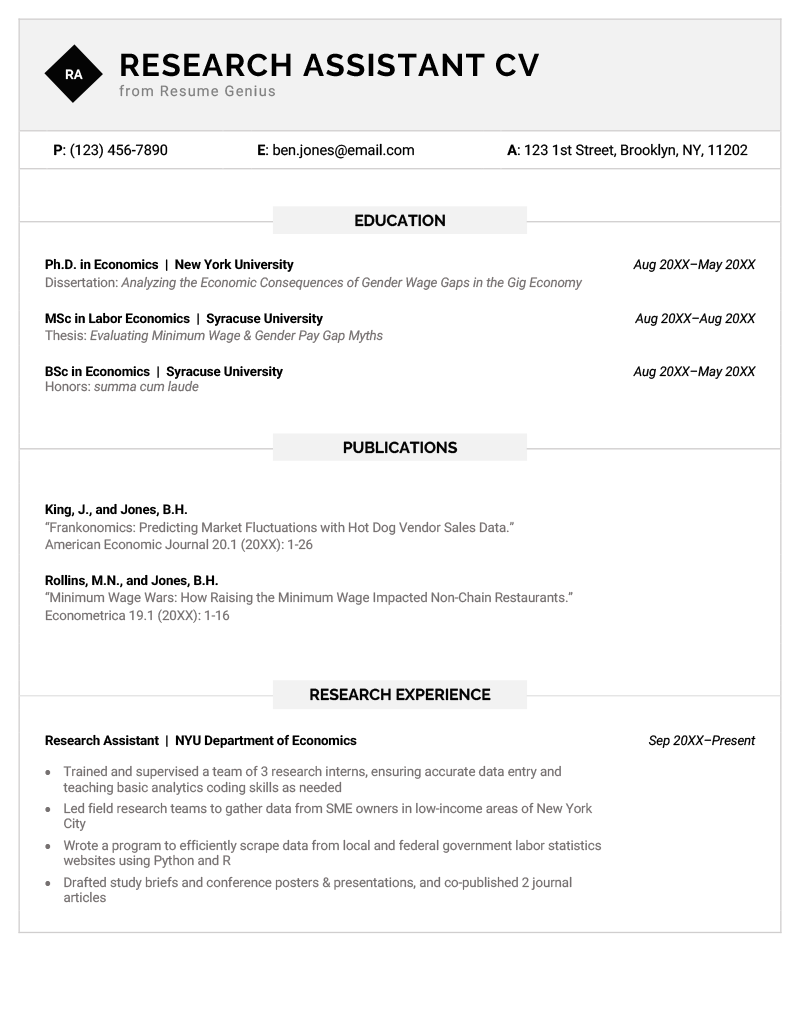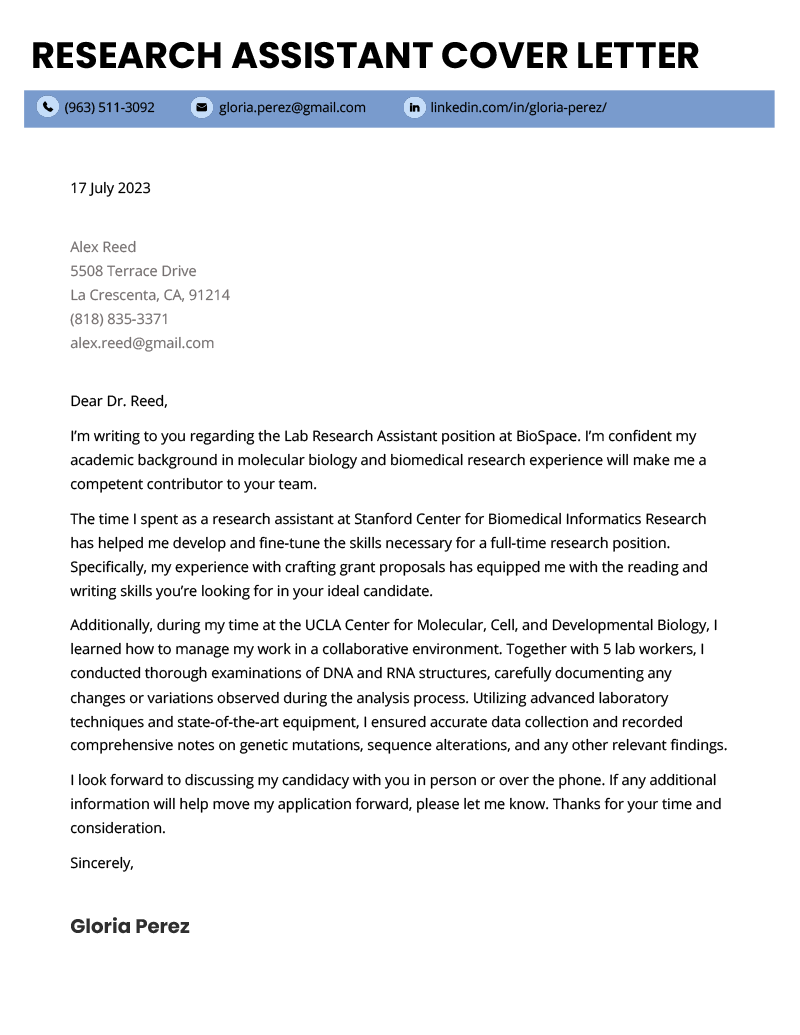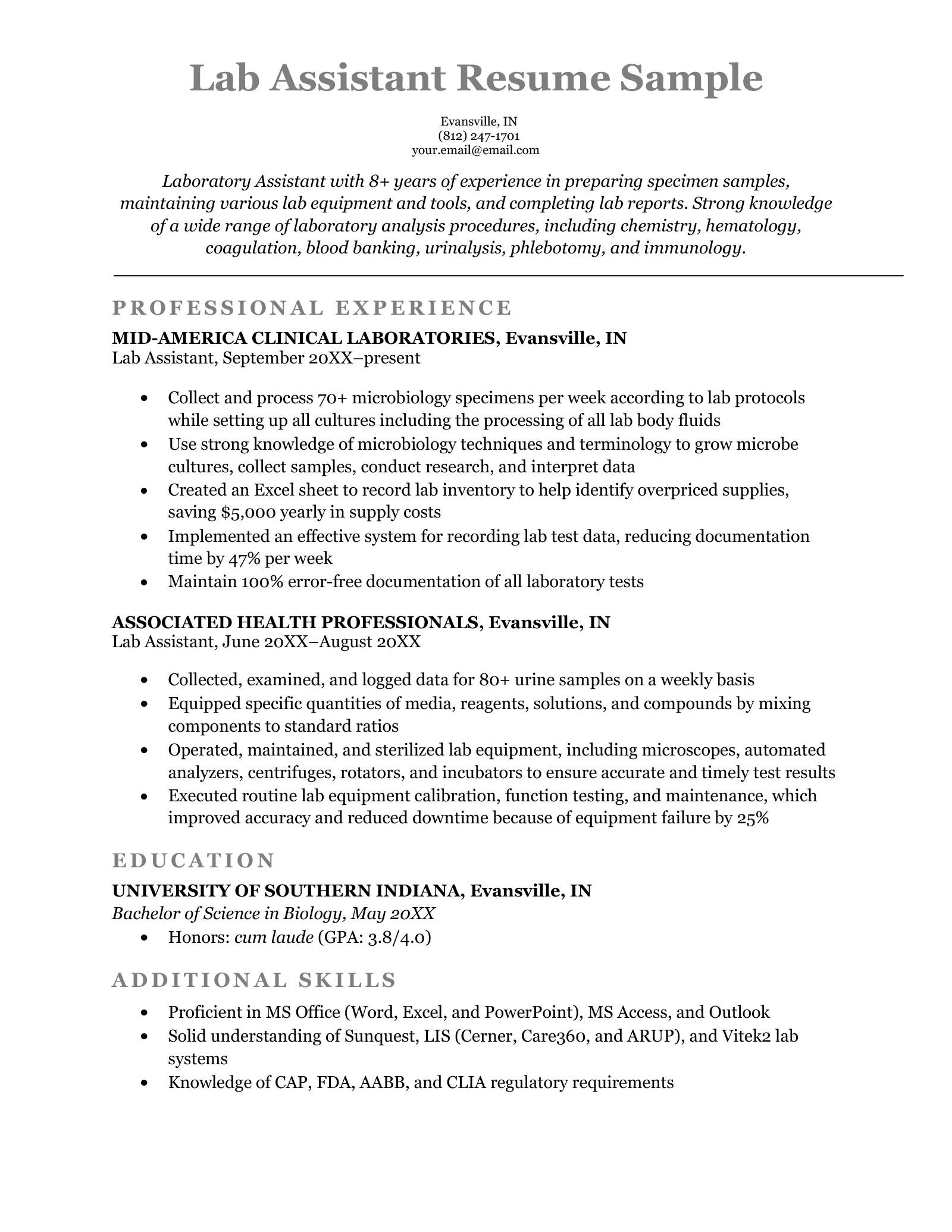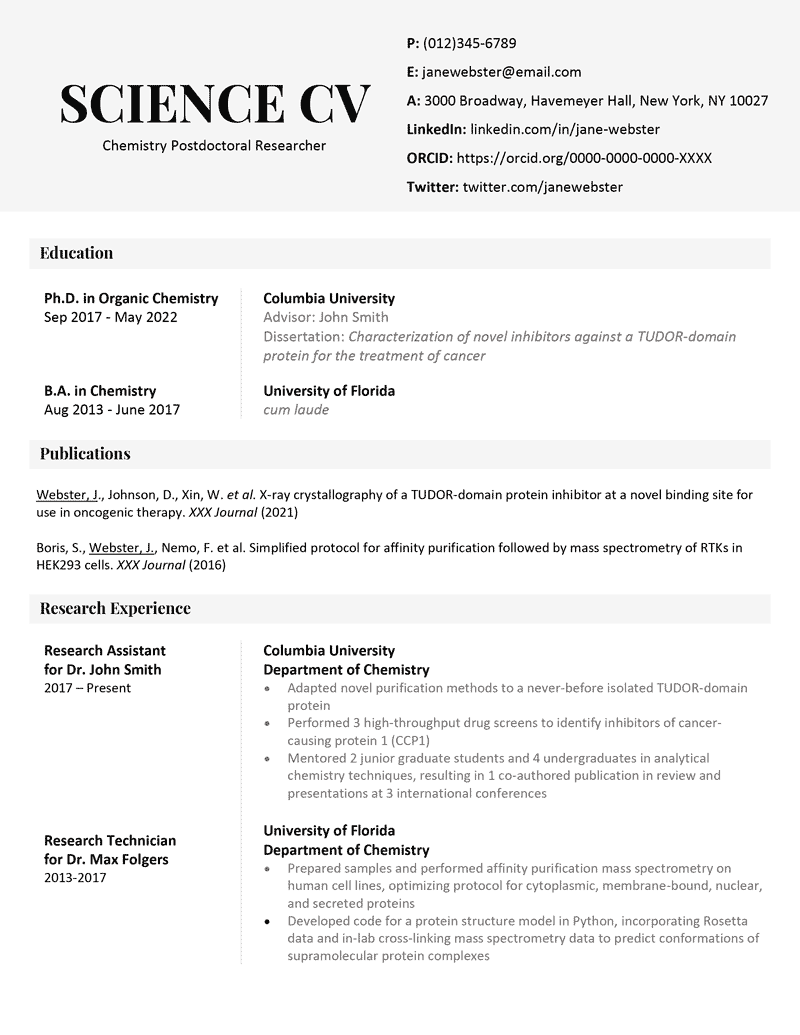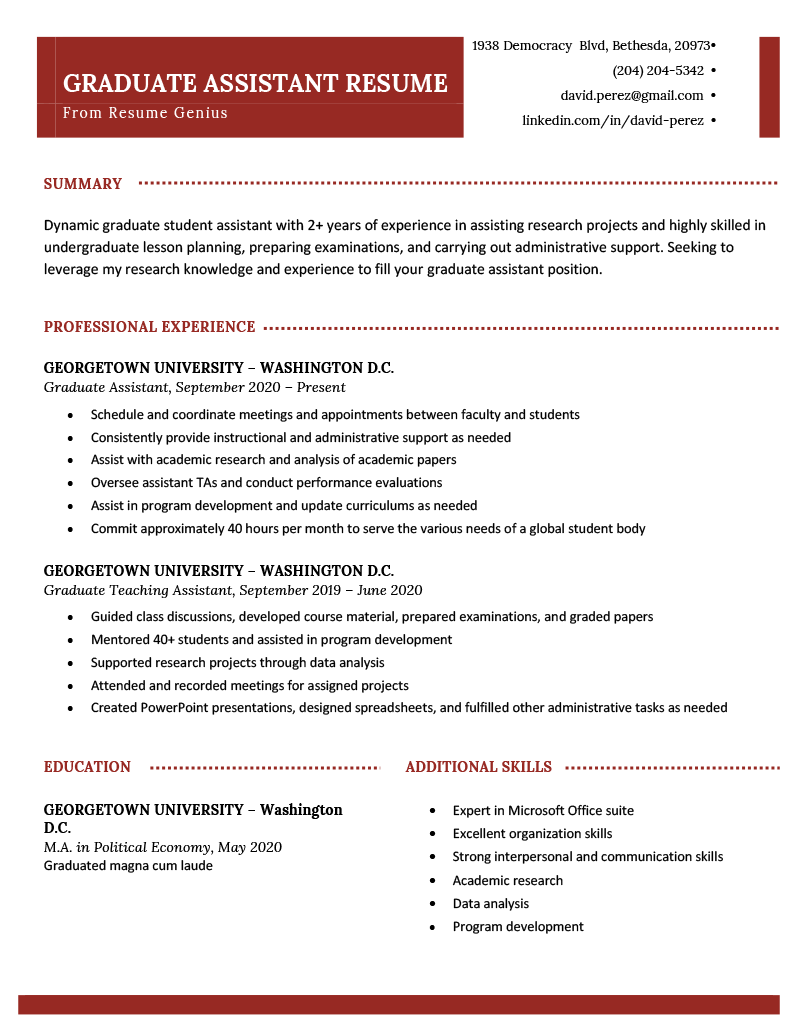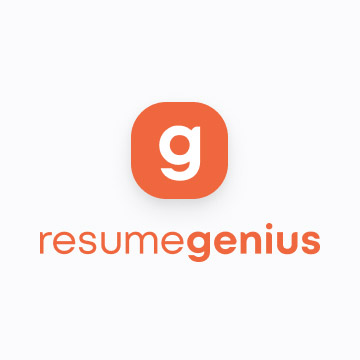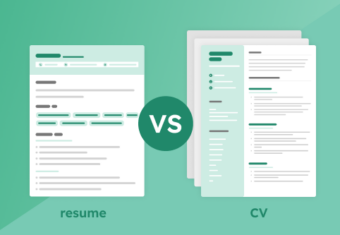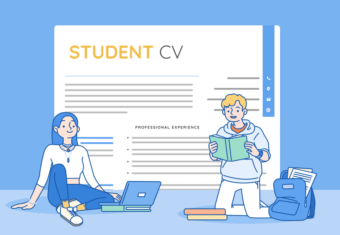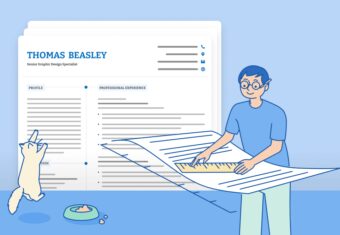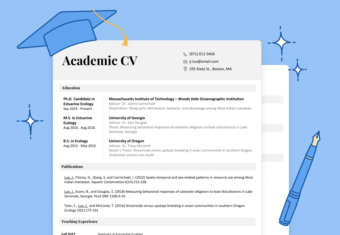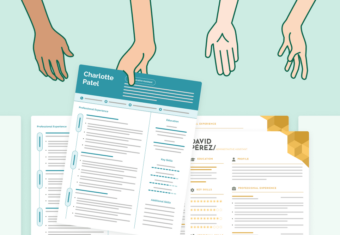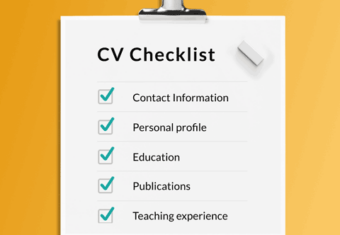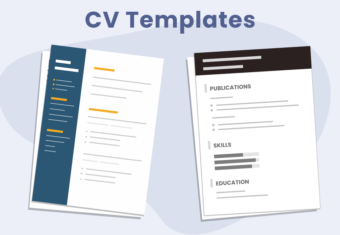Research Assistant CV Template (Text Format)
FIRST AND LAST NAME
Email: your.email@email.com
Phone: (123) 456-7891
Address: Street, City, State
LinkedIn: linkedin.com/in/yourprofile
P: (123) 456-7890 | E: ben.jones@email.com | A: 123 1st Street, Brooklyn, NY, 11202
Education
Ph.D. in Economics | New York University | Aug 20XX–May 20XX
Dissertation: Analyzing the Economic Consequences of Gender Wage Gaps in the Gig Economy
MSc in Labor Economics | Syracuse University | Aug 20XX–Aug 20XX
Thesis: Evaluating Minimum Wage & Gender Pay Gap Myths
BSc in Economics | Syracuse University | Aug 20XX–May 20XX
Honors: summa cum laude
Publications
King, J., and Jones, B.H.
“Frankonomics: Predicting Market Fluctuations with Hot Dog Vendor Sales Data.”
American Economic Journal 20.1 (20XX): 1-26
Rollins, M.N., and Jones, B.H.
“Minimum Wage Wars: How Raising the Minimum Wage Impacted Non-Chain Restaurants.”
Econometrica 19.1 (20XX): 1-16
Research Experience
Research Assistant | NYU Department of Economics | Sep 20XX–Present
- Trained and supervised a team of 3 research interns, ensuring accurate data entry and teaching basic analytics coding skills as needed
- Led field research teams to gather data from SME owners in low-income areas of New York City
- Wrote a program to efficiently scrape data from local and federal government labor statistics websites using Python and R
- Drafted study briefs and conference posters & presentations, and co-published 2 journal articles
Research Assistant | Syracuse University Maxwell School of Citizenship & Public Affairs | Jan 20XX–May 20XX
- Gathered data via online research, phone surveys, and in-person interviews & focus groups
- Helped fill out and submit grant applications, winning $20 million in private and federal funding
- Used Stata to analyze complex datasets, making predictions and developing suggestions for preliminary reactions
- Sourced an app for taking surveys during field research, saving 5% of grant money that would have been spent on data entry
POSTERS & PRESENTATIONS
How a Global Pandemic Subsidized Billionaires’ Tickets to Space.
Current world events. New York University, New York (31% acceptance rate)
Socioeconomic Disparities: Assessing the Effectiveness of Government Interventions in Low-Income Neighborhoods.
Conference on urban inequalities. Syracuse University, New York (25% acceptance rate)
AWARDS
Research grants totaling $15 million – NYU Department of Economics
Outstanding Graduate RA – Syracuse University School of Economics
SGA Representative of the Year – Syracuse University Student Government
Skills
Spanish – Native-level proficiency
Coding – Python, R, SQL, and JavaScript
Analytics tools – Strata, MATLAB, and Microsoft SQL Server
French – Conversational
Project management – Scrum, Trello, and Google Drive
Remote communication – Zoom, Microsoft Teams, and Slack
REFERENCES
Dr. Jenny King
555 Main Street, Manhattan
NY 10001
jennyking@email.com
Dr. Max Rollins
78 James Street, Syracuse
NY 13201
maxrollins@email.com
Professor Chuck Taylor
1324 Kensington Dr., Syracuse
NY 13218
chucktaylor@email.com


